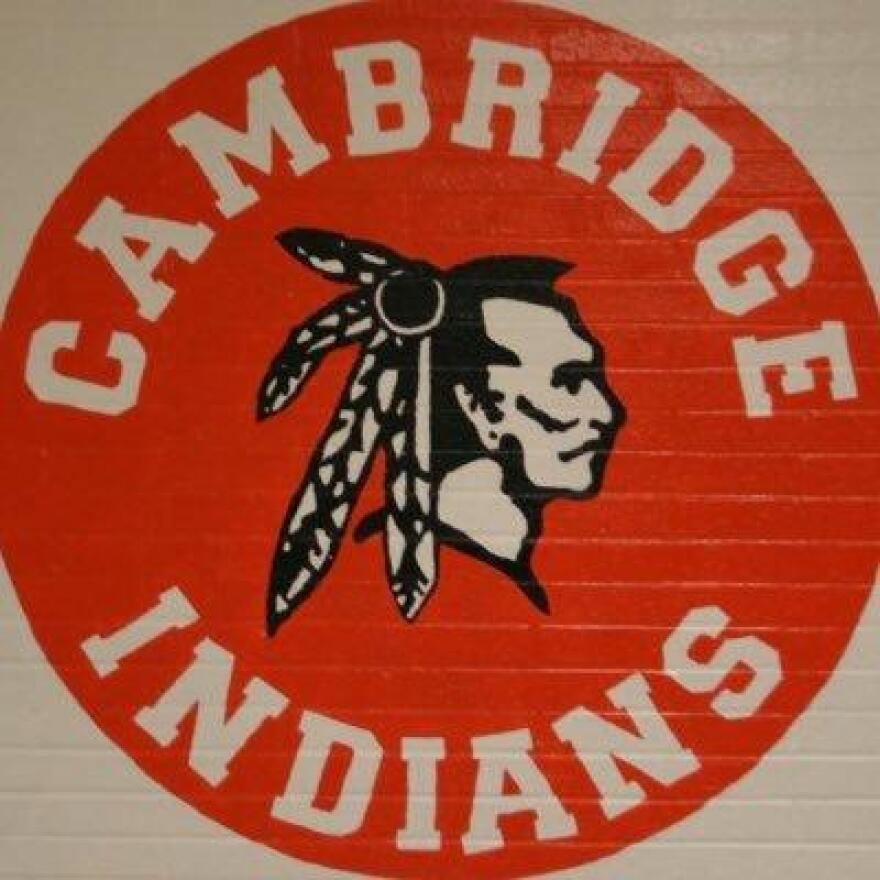Public schools in New York will no longer be able to use Native American names, mascots and imagery.
State education officials first said the use of Native American names and imagery was a problem more than two decades ago. On Tuesday, the Board of Regents voted unanimously to ban the use of such names and mascots.
Districts will have until the end of the 2025 school year to finalize the changes that take effect May 3rd.
Back in November, the New York State Education Department ordered all school districts in the state to remove “Indian” mascots and associated Native American imagery from the public school system. That order came after a lengthy controversy surrounding the Cambridge Central School District – in New York’s Capital Region – which voted to retire its “Indians” team name, logo and mascot in June 2021, then reversed the decision a month later after new school board members took office.
Legal battles ensued. At one point Education Commissioner Betty Rosa declared Cambridge's use of a Native American moniker and imagery violated the state Dignity for All Students Act and had to go.
"So we got to a point where we have roughly 50 to 60 districts that are still using these mascots, which are offensive and which are not consistent with the kinds of values that we want to see reflected in our public schools," said State Education Department Senior Deputy Commissioner James Baldwin.
John Kane is a Native American activist who attended Cambridge schools from the third grade until he graduated from high school in 1978. In 2020, Kane traveled from his Western New York home to Cambridge to formally request the district change its name and logo.
“I think this is a pretty good victory," Kane said. "I don't think I don't think people realize what a big deal it is that a state the size and population of New York has, has done something like this, without lobbying without, you know, some really elaborate campaign. This was really done by a handful of us who took on Cambridge Central School in the Capital District area. And it ultimately led to an order from the commissioner that Cambridge had to drop its indigenous mascot. And then ultimately, the commissioner said, acknowledged that she probably has to do this on a statewide basis to prevent other school districts from going through the turmoil that Cambridge went through.”
Kane sits on the New York State Education Department's indigenous mascot advisory council.
“I'm glad that Dr. Rosa allowed native voices to stay involved in the process right up to the current time because I didn't want this to ever be looked at as just a political thing," said Kane. "We've already seen people like Elise Stefanik suggest this is somehow some elite woke liberal agenda that is being fulfilled by the governor. This has nothing to do the governor, really had nothing to do with the legislature. This had to do with a fairly apolitical agency whose job it is to is to secure a healthy safe space for students to get educated in the public school system that decided not only 20 years ago, but now, that it was time for these schools to stop exploiting one specific people for further amusement and entertainment as mascots.”
Cambridge Central School did not return a request for comment.
The ruling makes exceptions for recognized schools that have a standing agreement with recognized tribes. The National Congress of American Indians says it’s aware of seven other state bans and says others are under deliberation. Several dozen districts in New York are affected.


